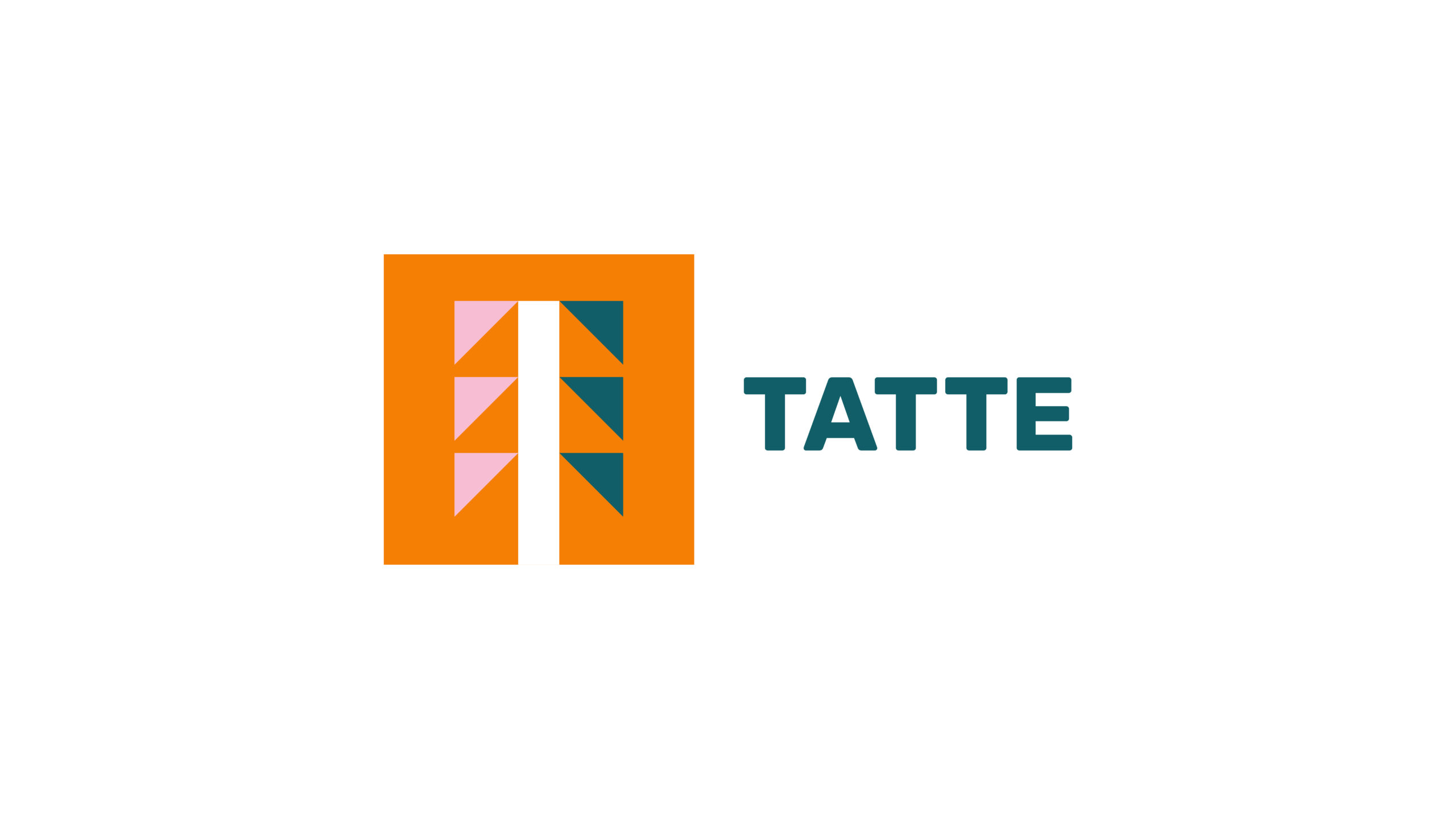3. Comments to Chapter III Operational culture
One particular theme in the policy is the renewal of the language policy of the university and ensuring the equal opportunities to international staff and students to participate in university activities (pp. 6-7). As a whole the current policy draft is very ambitious, but in this particular instance the level of ambition could actually be raised: the stated goals of “essential information being made available both in Finnish and English at the same time” (p. 7) and “examine how the faculties ensure they provide opportunities for participation and involvement for international students and staff if they constitute a significant share of their overall student population and staff” (p. 7) leave open on what grounds and according to whose discretion “essential information” and “significant share” are determined. In our opinion, it is vital to ensure providing opportunities for participation and involvement for international students and staff even if they would not at the moment constitute a big share of a faculty’s overall staff. In order to arrive at functional opportunities to participate, we should hear out the experiences of members of the university community.
4. Comments to Chapter IV Leadership
In this chapter, for instance, training and increasing awareness are repeated under the measures to be taken. These are, indeed, important. However, it is likely that long-term support, help that is always and readily available and guidance are also necessary. These more continuous measures should be more visibly present in the planned measures. Another good example of where this continuous support is going to be needed is the measure (mentioned in Chapter 5) to increase the knowledge and competencies of supervisors (p. 16), especially as their attitudes are to be spread throughout the organization.
6. Comments to Chapter VI Preventing inappropriate behaviour, harassment and bullying
The policy draft lists goals and measures, which necessitate commitment and action from the entire university community, which is very positive. The policy draft states, for example, that “anyone who witnesses inappropriate behaviour has a duty to report it through the appropriate channels” (p. 20). We hope that the working group also addresses the challenges of raising problems if and when those issues are directly related to power structures. In other words, merely attributing the responsibility for bringing up problems to the community is not enough. Supporting and reinforcing an academic culture when community members don’t feel they are at risk by speaking out is a more sustainable way to address problems. Measures that will provide easy access to professional help and support when bringing out and addressing problems are also very important.
8. Comments to Chapter VIII Research
Some measures would benefit from more concrete descriptions. For example, the measure “When research tasks are organised, researchers’ personal circumstances will be considered if necessary. Staff members’ research work will be supported and promoted across the University” (p. 27) is in itself very positive and even necessary, but the text currently stays at a relatively abstract level. There is no indication of what is going to be done and how it will be evaluated transparently.
9. Comment to Chapter IX Follow-up
Some sections list the planned follow-up measures as feedback from the parties implementing the measure itself (e.g. “Staff recruitment”, p. 11) This sounds like a highly recommendable idea, which should be utilized extensively, throughout measure implementation. Systematic and long-term practices would facilitate gathering feedback on following up on measure implementation.
10. Other comments to the working group
TATTE extends our thanks to the working group that has been preparing the university’s Equality and Non-Discrimination Policy for their most thorough work and also for the opportunity to comment on the policy draft.
The policy is clearly structured, it is quite comprehensive and ambitious, and its discusses issues and goals relating to equality and non-discrimination with the diversity it should. For the most part, the stated measures have been clearly named, which is very positive considering the steps to implement the policy as well as following up on it.
TATTE particularly considers the following as a very welcome measure: “The focus of the University’s HR plans will shift from fixed-term positions to permanent positions.” (p. 16) This measure should be considered a high priority not only for equal opportunities in terms of career advancement, but for improving academic working culture as a whole.
TATTE would like to direct the following comments relating to the Equality and Non-discrimination policy to the university leadership:
- The policy draft is very ambitious, which is, in principle, very good. However, it will be necessary to allocate the necessary resources, both in times of time and money, at the university level. Allocating sufficient resources make it possible that the planned measures are in general realizable, and that implementing the measures will not add yet another burden to the members of the university community, who have drudged through many reforms after the university merger.
- The proposal in the policy brief to name one or more representatives for equality and non-discrimination practices is strongly supported. An ambitious equality and non-discrimination policy requires sustainable structures and guidance for practical implementation.
- As the implementation of the policy requires active engagement of the university community, it is important to communicate about the aims and actions to the whole community regularly in an accessible way.
- We hope that the staff and student representatives and unions (incl. shop stewards) are also given a fitting role in the work relating to equality and non-discrimination. Staff representatives and unions carry a lot of knowledge of the experiences of the university community; this knowledge can be utilized in following up on the implementation and evaluation of the proposed measures.
